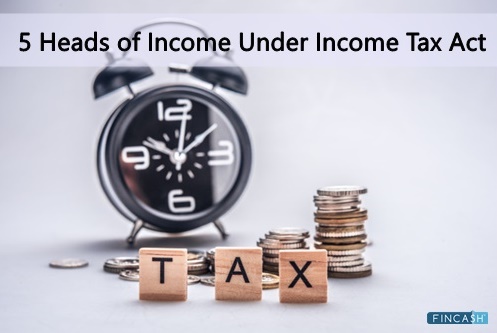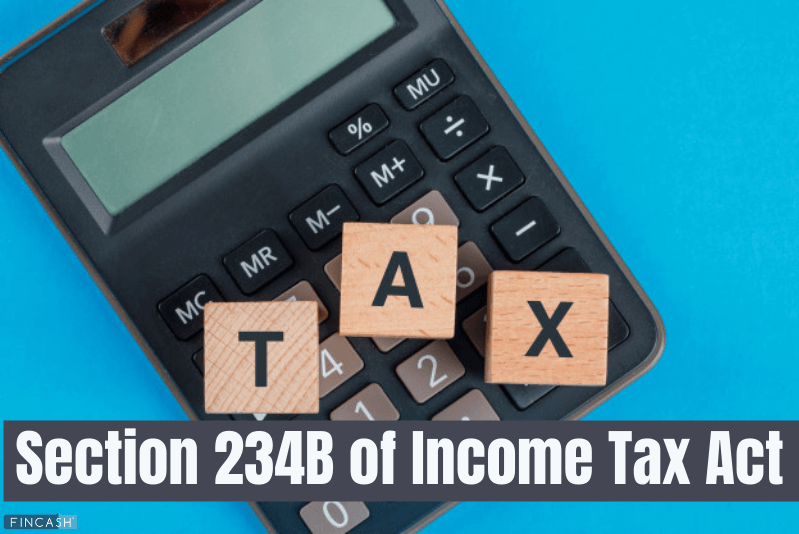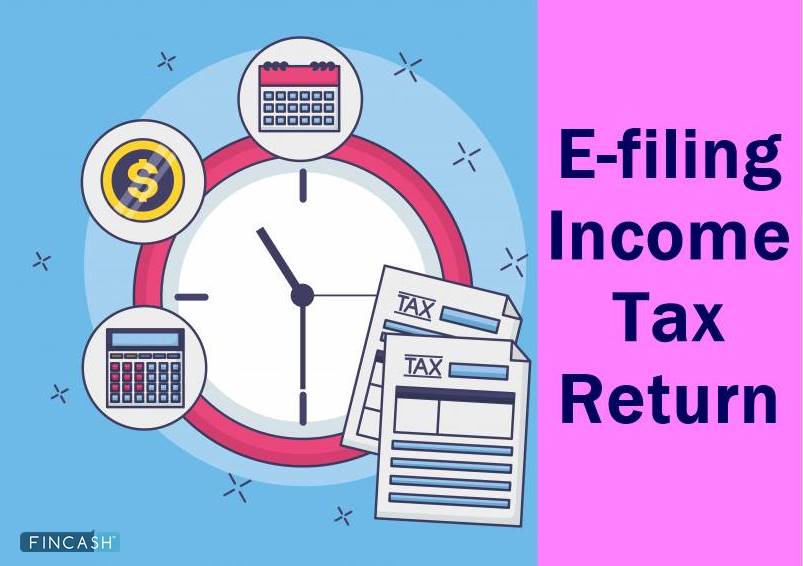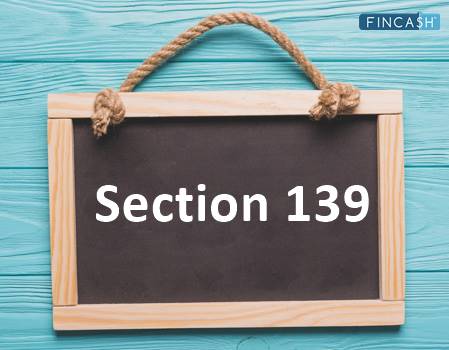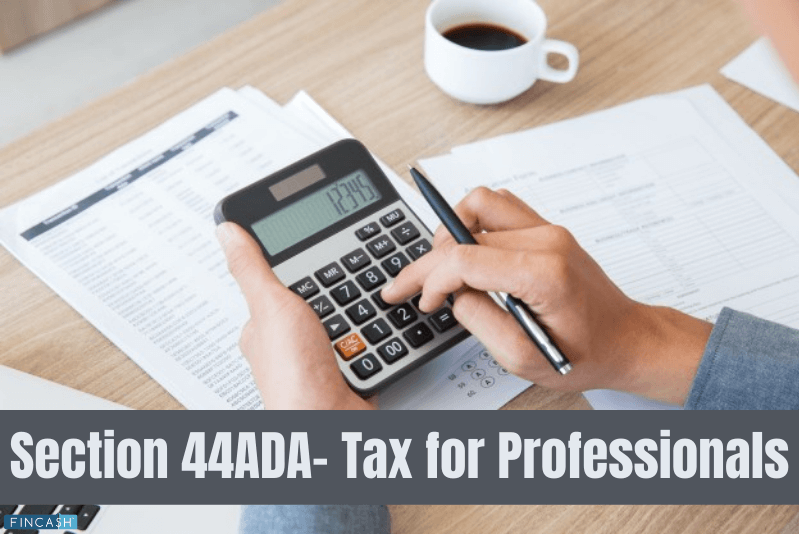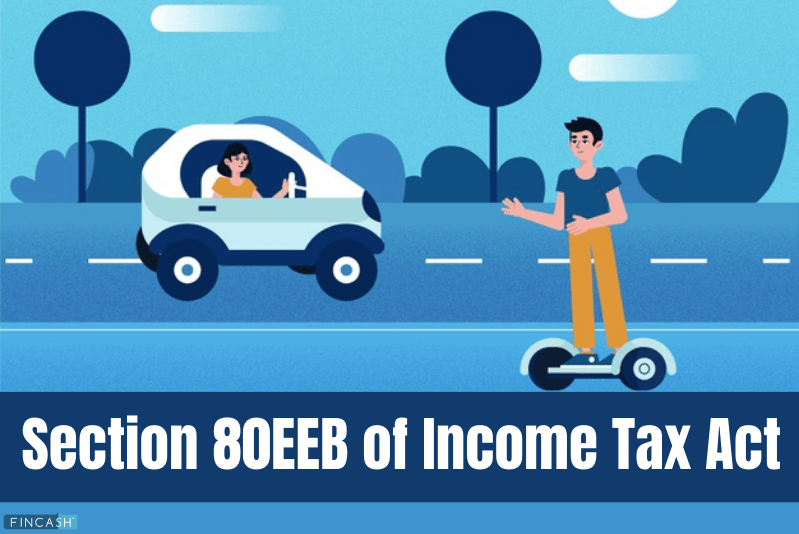
Fincash » 5 Heads of Income Under Income Tax Act » Rule 132 of Income Tax Act
Table of Contents
- How Did it Start?
- What is Rule 132 of the Income Tax Act?
- What is Form 69?
- How do you Request Income Re-computation Under Section 132 to Avoid Tax Penalties?
- Benefits of Rule 132 of the Income Tax Act
- Who Gets Affected by Rule 132?
- Penalties Associated with Rule 132 of the Income Tax Act
- When to File the Amended Return?
- When to Request Recalculation?
- Conclusion
Rule 132 of Income Tax Act
Rule 132, implemented by the Central Board of Direct Taxes (CBDT) on October 1, 2022, addresses Income re-computation under sub-section 18 of section 155 of the income tax Act 1961. This provision allows assessing officers to recalculate total income for prior years in which assesses would have claimed deductions for surcharges or cesses ineligible under Section 40(a)(ii).
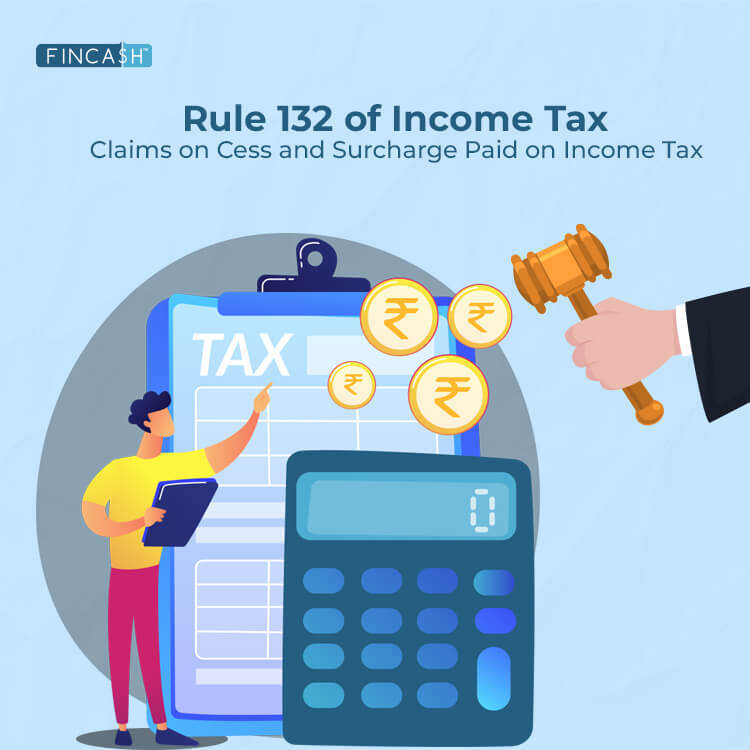
Legal experts suggest this rule impacts individuals earning from businesses or professions who have utilised deductions for cesses or surcharges. Business managers need to understand the implications of Rule 132. Previously, there was ambiguity regarding whether cess or surcharge deductions were permissible, leading some businesses to exploit this gap in the tax laws. This article takes you through all the important details about Rule 132 of the Income Tax Act that you should know.
How Did it Start?
Previously, there was uncertainty regarding whether businesses could claim deductions for cess/surcharge payments. However, reports indicate that many companies have deducted income tax for these payments. Earlier court decisions had upheld this practice despite opposition from tax authorities. The centre specified in the Finance Act 2022 that income tax cess/surcharge cannot be regarded as a Deductible expense. Additionally, taxpayers were allowed to reassess their taxable profits and settle any additional taxes owed to the authorities. As a result of an amendment to the Income Tax Act, this ruling applies retroactively from 2005. Rule 132 comes into play in this context.
Talk to our investment specialist
What is Rule 132 of the Income Tax Act?
Before implementing Rule 132, businesses could deduct the payment of cess or surcharge as an expense. However, under the Finance Act of 2022, deductions for such cess and surcharge on income tax are no longer permissible from taxable profits. Nevertheless, Rule 132 enables taxpayers who have previously claimed deductions for cess or surcharge to disclose details regarding their Taxable Income, tax obligations, and any outstanding cess or surcharge. To provide this information electronically, taxpayers must utilise Form 69. Furthermore, in a notification dated September 29, 2022, the CBDT announced that taxpayers can now request a reassessment of their total income for previous years without claiming deductions for surcharge or cess. Through Rule 132, taxpayers who had previously availed of this Deduction can now electronically submit a Form 69 application to reassess their income for those years and settle the resulting Tax Liability.
What is Form 69?
Form 69 has been made available by the Income Tax Department for seeking re-computation of total income under Section 155(18) by Rule 132. Taxpayers who have previously claimed deductions for cess or surcharge must utilise Form 69 to submit the necessary information electronically, including taxable income, tax paid, and deductions claimed for cess or surcharge.
How do you Request Income Re-computation Under Section 132 to Avoid Tax Penalties?
By the Income-tax (Thirty-second Amendment) Rules, 2022, the CBDT has introduced Section 132, effective from October 1, 2022, to establish a process for recalculating total taxable income as per section 155(18) of the Act. The steps are as follows:
- Before March 31, 2023, the taxpayer must submit Form 69 on the income-tax website, providing details of the claimed surcharge or cess amount and total income
- Upon receiving the application, the assessing officer will recalculate the total income and issue a demand notice under Section 156 of the Act
- Within 30 days of making the required payment, the taxpayer must furnish Form 70 with the relevant payment details. This rule is particularly significant for those who deducted cess and surcharge from their total taxable income. Such taxpayers must specify the assessment year in which the deduction was claimed and submit a single Form 69 application by the March 31, 2023 deadline.
Benefits of Rule 132 of the Income Tax Act
Here are some of the essential benefits of Rule 132 of the Income Tax Act:
Rule 132 serves as a beneficial provision, allowing taxpayers to adhere to Section 155, which empowers assessing officers to recalculate total income for past years wherein the taxpayer claimed a deduction for a surcharge or cess invalidated under Section 40(a) (ii).
This recalibration invariably invokes the provisions of section 270A (3), wherein the disallowed surcharge is treated as unreported income, subjecting it to taxation and, notably, penalties.
As per the new rule, taxpayers can apply in the prescribed format for income recalculation without availing of a surcharge or cess deduction and upon payment of applicable taxes (if any). In such instances, the income won't be categorised as under-reported, and no penalty under section 270A (3) would be levied.
To initiate income recalculation under the revised Income Tax Section 155(18), introduced by the Finance Act of 2022, this application must be filed using Form 69 by March 31, 2023. Any taxes owed after income recalibration must be separately disclosed on Form 70.
Who Gets Affected by Rule 132?
The introduction of Rule 132 impacts individuals deriving income from business or professional activities, particularly those who have previously claimed deductions for surcharges or cess. Moreover, all taxpayers who have availed and been sanctioned for education cess and surcharge deductions in any assessment year must undergo a mandatory rectification process by March 2026, or they can voluntarily seek a reassessment of their income from the assessing officer.
Those individuals affected by this new regulation, necessitating income recalibration, include those with business or professional income who have utilised deductions for cess/surcharge. These deductions are no longer permissible, resulting in an augmented income deemed to have been underreported.
Penalties Associated with Rule 132 of the Income Tax Act
Failures in the recalculation may result in the assessing officer taking suo-moto action under section 154 of the Act by March 31, 2026. Moreover, the assessing officer may levy a penalty of 50% of the tax amount on the surcharge, and the assessee may claim cess as a deduction.
When to File the Amended Return?
An amended return is filed to correct original Income Tax Return (ITR) mistakes or claim a Tax Refund. It must be filed by December 31, 2024, for the FY 2023-24 (AY 2024-25).
When to Request Recalculation?
If a taxpayer falsely claimed a deduction for surcharge or cess in a previous assessment year, they must request a recalculation of their total income. This request can be made for income from FY 2004-05 (AY 2005–06) up to March 31, 2024.
Conclusion
Rule 132 of the Income Tax Act represents a significant shift in how deductions for surcharge and cess are treated in the calculation of taxable income. With its introduction, taxpayers must now reevaluate their past claims and rectify any inaccuracies by applying for a recalculation of their total income. While aiming to bring clarity and consistency to tax regulations, this amendment highlights the importance of compliance and accurate reporting.
All efforts have been made to ensure the information provided here is accurate. However, no guarantees are made regarding correctness of data. Please verify with scheme information document before making any investment.

